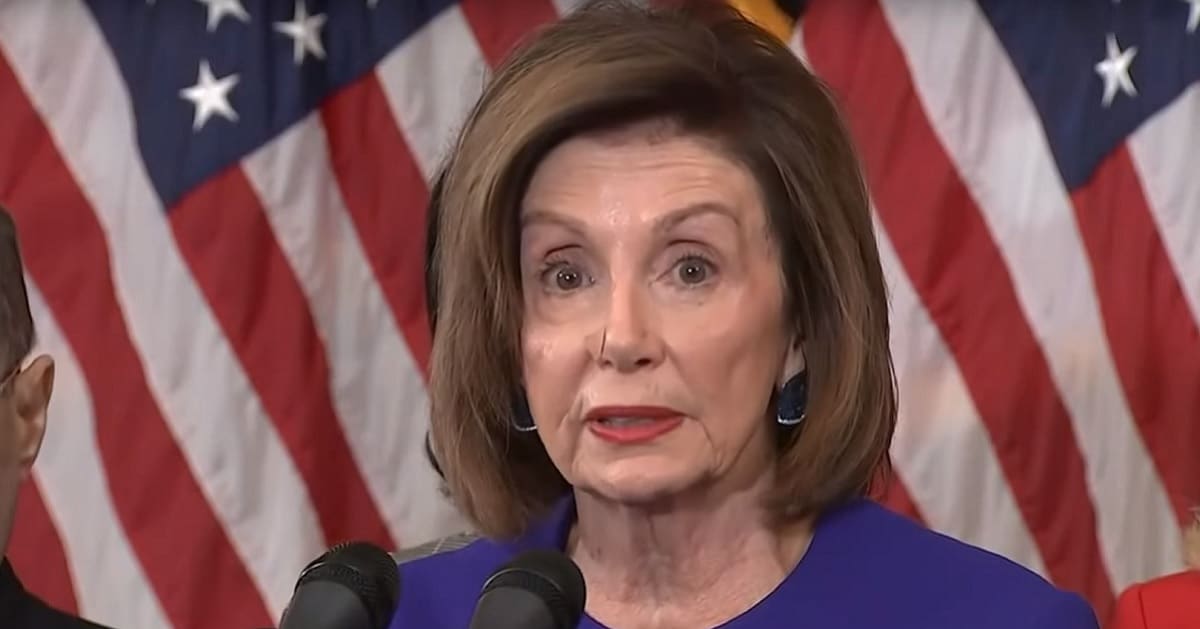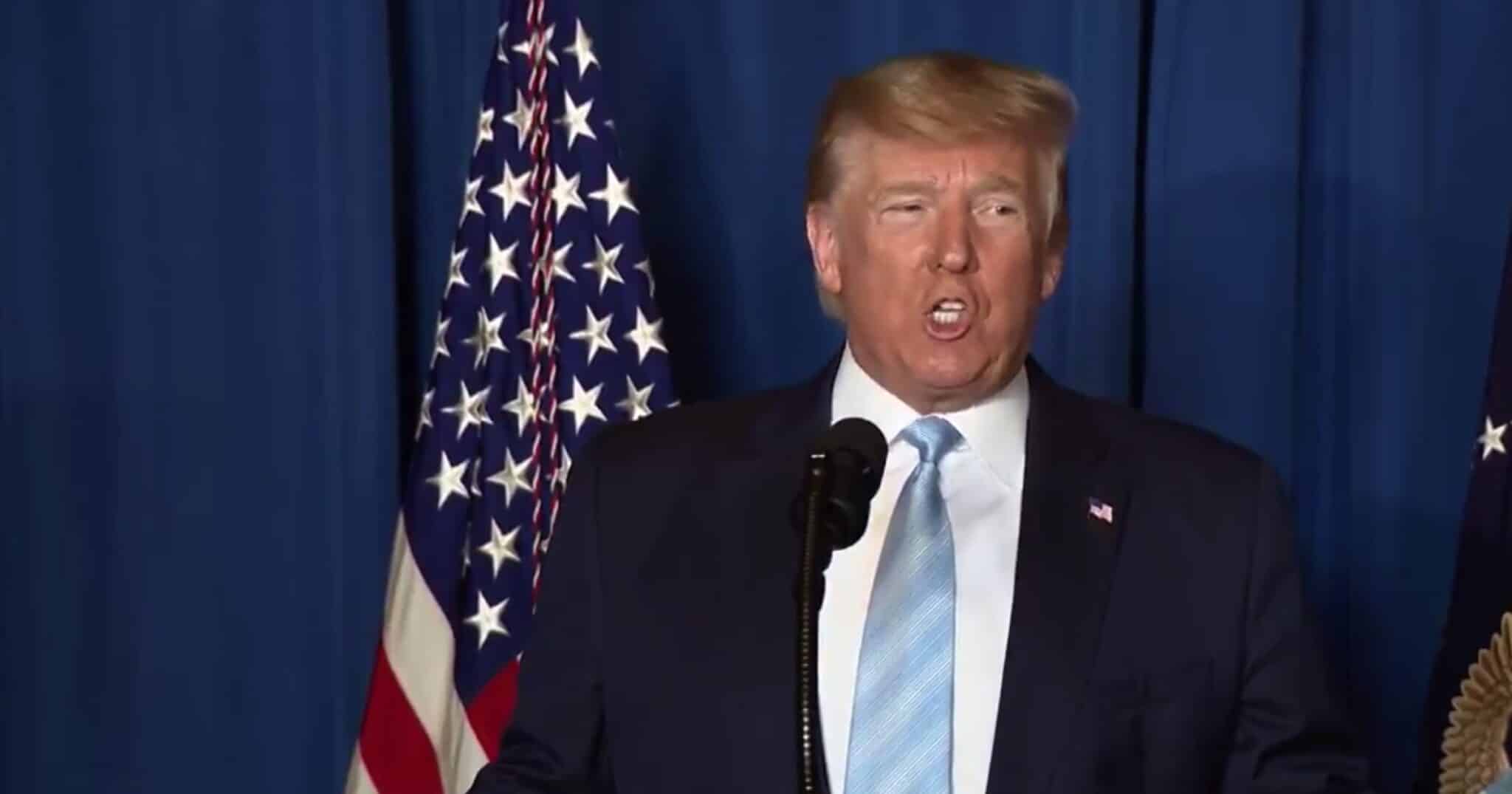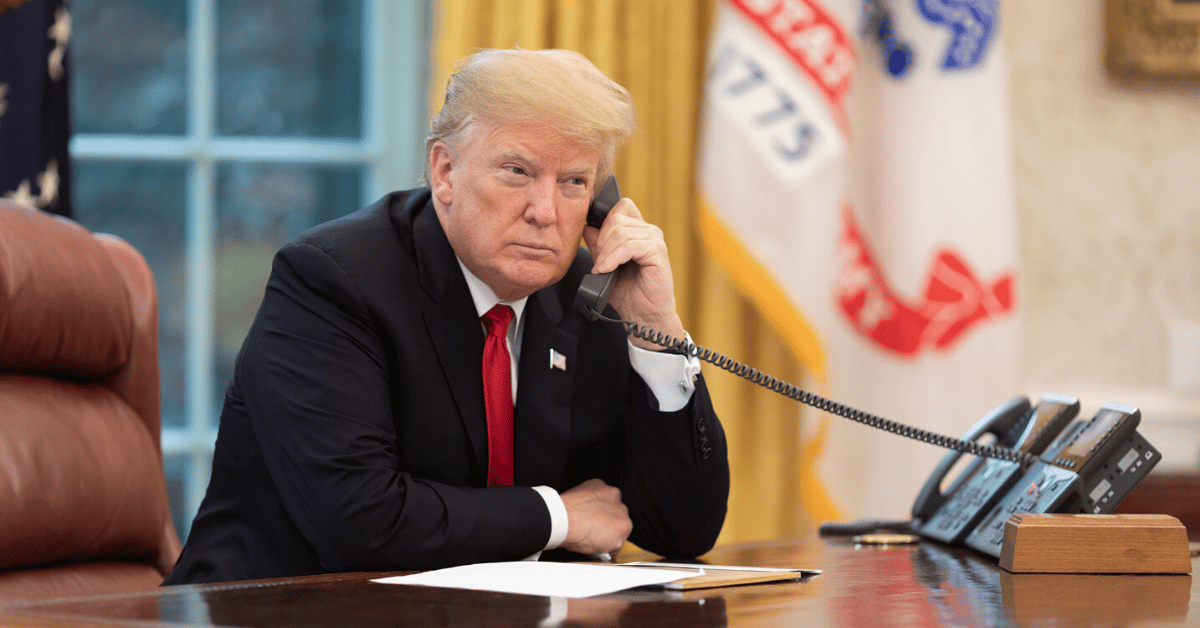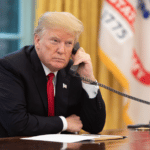




The Supreme Court's decision on Monday brought an end to Michael Cohen's legal battle by dismissing his appeal to revive a lawsuit against former President Donald Trump.
Fox News reported that Cohen alleged that his 2020 reimprisonment was a retaliatory act by the Trump administration for publishing a book critical of the former president, claiming it violated his First Amendment rights.
Cohen's lawsuit, which sought damages from Trump, former Attorney General William Barr, and others, has now been closed following the Supreme Court's rejection of his appeal.
In July 2020, Cohen, who served as Trump's lawyer, was initially released on home confinement during the COVID-19 pandemic after being convicted of multiple federal crimes, including lying to Congress.
However, he was returned to prison after refusing to agree to terms that would limit his public communications, particularly on social media and public speaking engagements.
Cohen argued that the conditions of his reimprisonment were punitive, meant to suppress his criticisms of Trump documented in his book. His legal push aimed at obtaining monetary compensation from Trump and others involved in what Cohen described as an orchestrated effort to silence him.
In 2020, Judge Alvin K. Hellerstein ruled that the administration violated Cohen’s free speech rights by imposing conditions for his release that infringed upon his ability to publish his book and speak freely in public forums. The judge described the reimprisonment as retaliatory and unjustified.
Despite the lower court's acknowledgment of Cohen's claim, two subsequent courts ruled against him.
These decisions rested on interpretations of the Supreme Court precedent set in the 1971 case Bivens v. Six Unknown Named Agents, which limited the scope for such lawsuits seeking damages from federal officials for constitutional violations.
Cohen’s petition to the Supreme Court sought to overturn these previous rulings. He contended that allowing government officials to imprison critics without consequences would undermine constitutional protections, likening unchecked presidential power to autocracy.
The court, however, did not provide additional reasoning for its decision to reject Cohen’s appeal, leaving his claims unaddressed at the highest judicial level. This outcome effectively nullifies Cohen's arguments that his rights were curtailed due to political motivations.
Trump’s attorney, Alina Habba, responded to the Supreme Court's decision by dismissing Cohen’s efforts as "pathetic" and legally unsound.
She emphasized that the dismissal was anticipated and voided Cohen's "frivolous and desperate" attempts to challenge her client.
Cohen has often framed his legal struggles as a cautionary tale about the misuse of power within the justice system, expressing a broader concern about the implications of presidential overreach. His case has raised questions regarding the balance between national security and freedom of expression.
Cohen’s disillusionment was evident in previous remarks where he highlighted the significance of the Constitution as a safeguard against tyranny.
He argued that the actions taken against him exposed vulnerabilities in the protections supposed to shield citizens from governmental overreach.
Judge Hellerstein's opinion underscored the notion that Cohen's return to jail represented an infringement on his First Amendment rights due to his outspoken criticism of Trump. The judge indicated that the conditions imposed sought to prevent him from exercising his right to express ideas freely.
Despite these reflections, the Supreme Court's dismissal concludes a key chapter in the ongoing narrative surrounding Cohen's interactions with the former president and the Department of Justice. The dismissal affirms the lower court's decisions, leaving Cohen without legal recourse.



